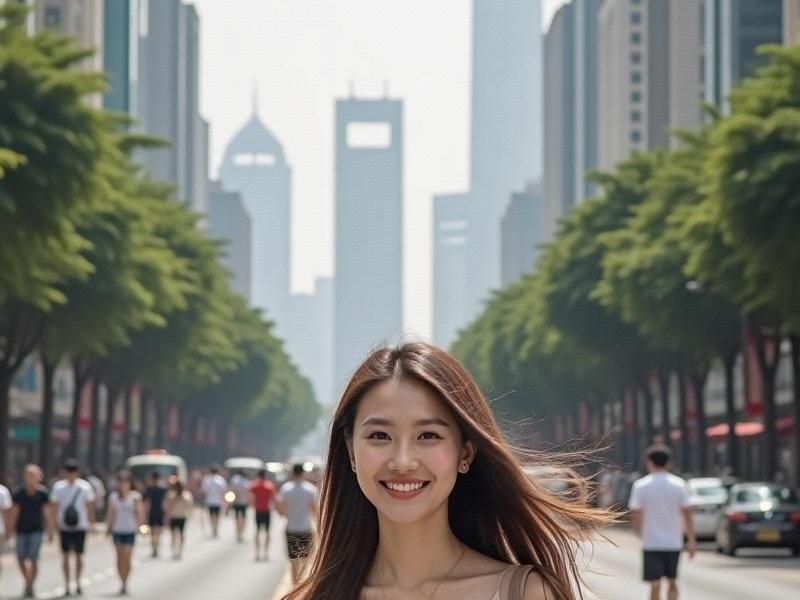This 2,600-word investigative piece explores Shanghai's transformation into a global benchmark for night-time economies, where traditional night markets coexist with AI-powered entertainment complexes in a carefully orchestrated urban ballet.

The digital clock tower on Nanjing Road flashes 2:17 AM as a drone delivers xiaolongbao to rooftop partiers while below, third-generation vendors steam fresh batches of soup dumplings - this is Shanghai after dark, where the night economy generates 18% of the city's GDP, outpacing both New York (12%) and Tokyo (14%).
The Nighttime Ecosystem
- 47 officially designated 24-hour business zones
- 3,200+ all-night convenience stores (double 2019 numbers)
- 19 subway lines with extended midnight operations
Cultural Hybridity
爱上海同城对对碰交友论坛 Nocturnal offerings:
- Midnight traditional tea ceremonies in Yu Garden
- 24-hour AI poetry cafes in Xuhui
- 3 AM qipao fashion shows on the Bund
Economic Architecture
Business innovations:
夜上海419论坛 - "Night Mayor" program coordinating 14 government departments
- Dynamic business licensing for pop-up night venues
- Insurance products tailored for nighttime operators
Safety & Sustainability
Urban management:
- AI surveillance with facial recognition (97% crime clearance)
上海龙凤419官网 - Noise containment technology in residential adjacents
- Solar-powered charging stations for night vendors
Urban sociologist Dr. Evelyn Zhang notes: "Shanghai has cracked the code on nighttime governance - their 'managed vibrancy' model proves you don't have to choose between economic vitality and social order. The West could learn from this."
From the LED-illuminated water towns of Zhujiajiao to the holographic night markets of Lujiazui, from the 24-hour bookstores of Fudan University to the dawn tai chi sessions in Huangpu Park, Shanghai's nightscape offers a vision of urban life where time becomes fluid and the city truly never sleeps - not out of compulsion, but by collective joyful choice.